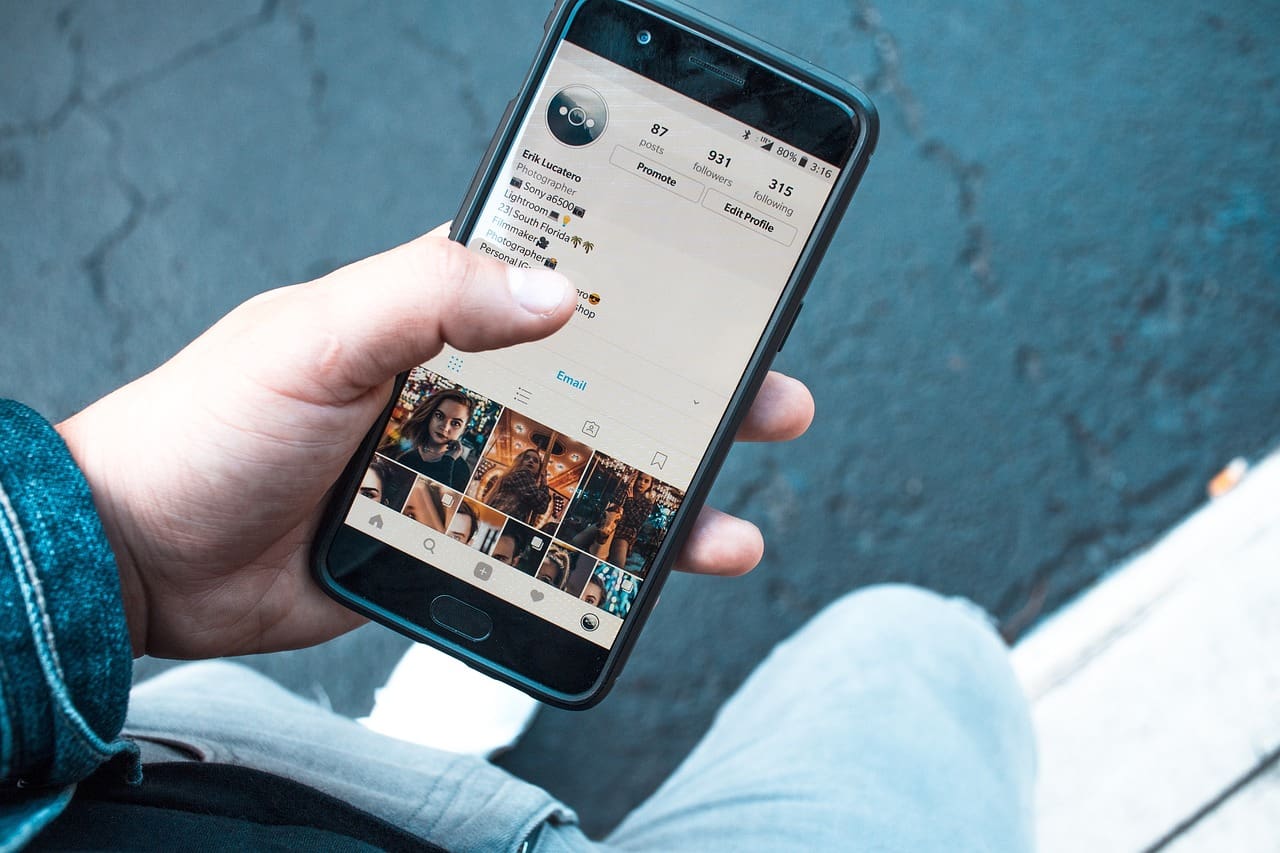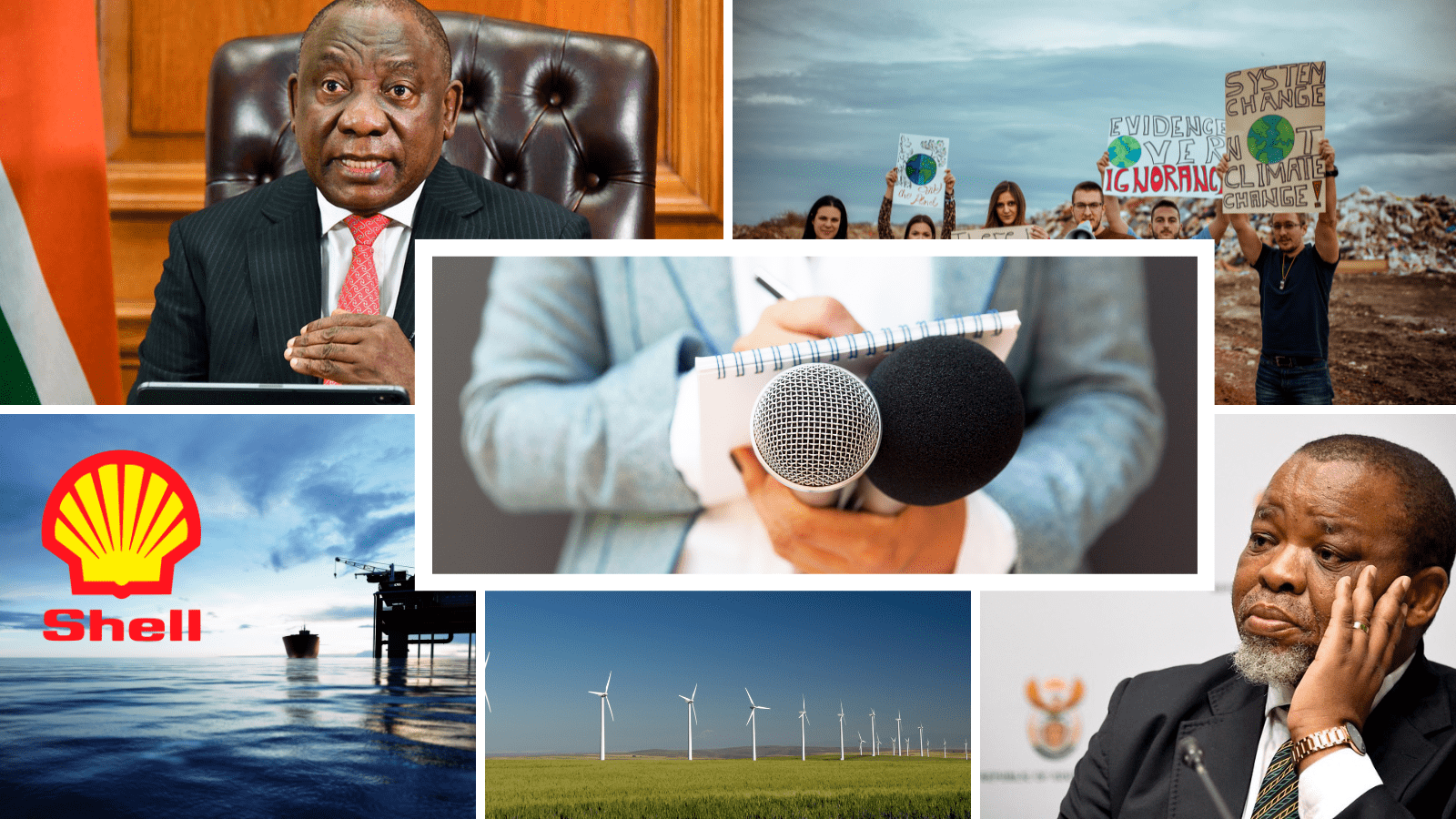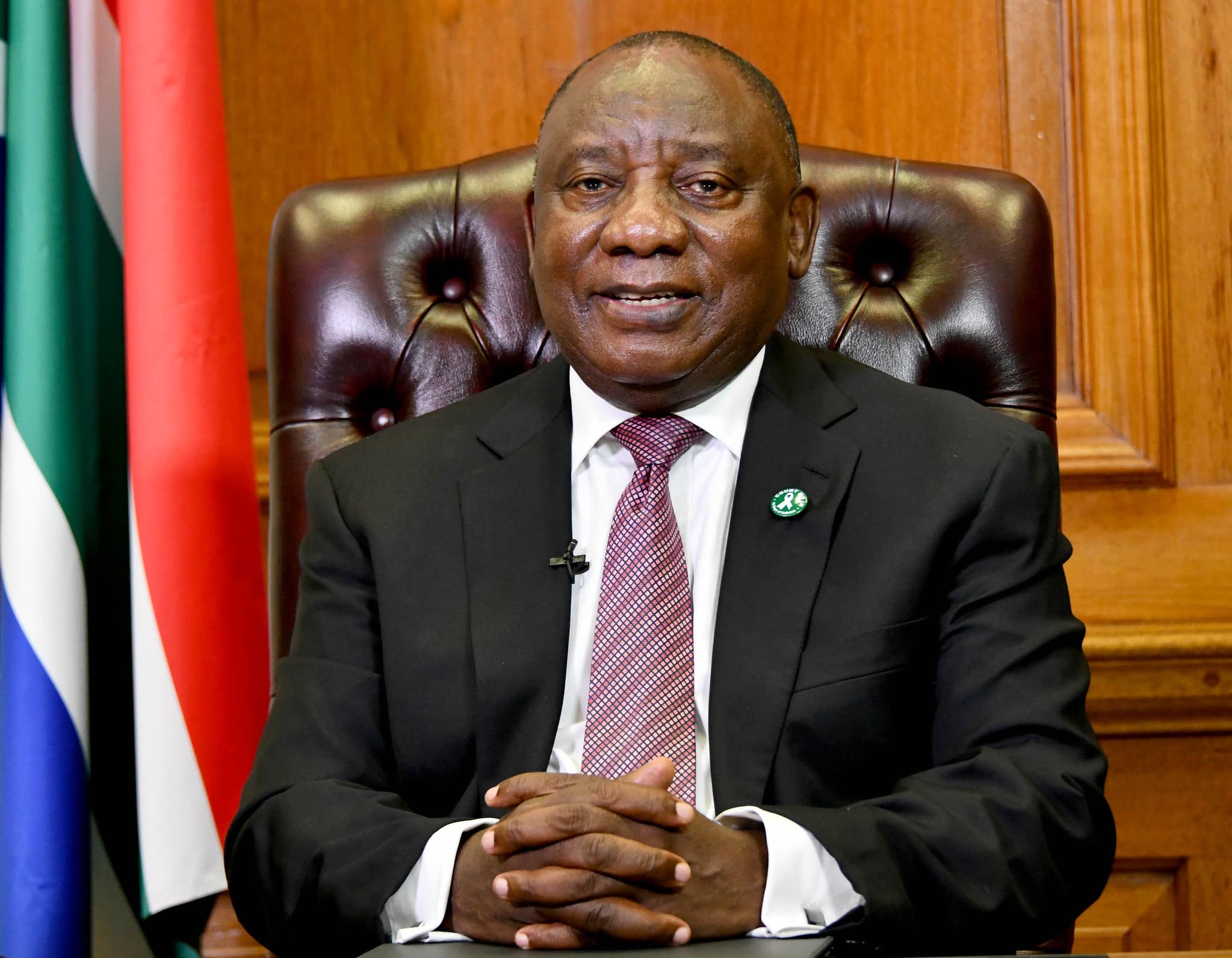We live in a time when information travels in the blink of an eye. With a simple click, we can share our thoughts, images, and videos with hundreds or thousands of people, depending on our social media following. Social media has become a powerful tool for raising awareness, activism, and connection. But that same powerful tool, when misused, can land one into serious trouble.
Take, for instance, the heartbreaking case of Cwecwe, a seven-year-old girl whose story sparked national outrage under the hashtag #JusticeForCwecwe. While many used social media platforms to demand justice and raise awareness, others turned a deeply sensitive and tragic situation into an opportunity for harmful “jokes” and careless comments.
One person who has done this is Kaelo Dilaolo, a student at Sol Plaatje University. Dilaolo made disturbing jokes about the rape case on a WhatsApp group. Fellow students soon circulated screenshots of his insensitive comments. And when confronted, his response was: “I’m joking sister, I was not the one who raped Cwecwe.” The university has since conducted an investigation into his conduct.
But he isn’t the only one facing the consequences of irresponsible posting. A Facebook user named Ivan T Twala Stebu made an even more disturbing comment referring to the child’s private parts.
Irresponsible social media post puts user in hot water over #JusticeForCwecwe case
— MDN NEWS (@MDNnewss) March 31, 2025
A Facebook user, identified as ‘Ivan T Twala Stebu,’ has found himself in hot water after a reckless post related to the ongoing #JusticeForCwecwe case. The post, which addresses a highly… pic.twitter.com/K9TZv1MmRm
The Department of Justice, Crime Prevention and Security has since intervened, warning the public about the “irresponsible and reckless” use of social media in cases involving minors and violence. The matter has also been escalated to the South African Police Service for investigation.
Social media is not a diary. What one posts can have real-world consequences, and screenshots can live forever. Let us dive into some laws regulating social media in South Africa.
Laws that regulate social media in South Africa
Speaking to Explain, Media Law lecturer at the University of Fort Hare, Anathi Phela, explains that in South Africa, media is governed by Section 16 of the Constitution. This section guarantees freedom of expression for the press and social media users. In other words, people have the right to say what they want. But, Phela adds, there are limits to this freedom; certain types of speech are not allowed, like war propaganda, inciting violence, or promoting hatred. “Freedom of expression is a protected right, but it comes with serious limitations. It is like we’ve been given a spoon, but we’re told not to eat from a certain plate,” he says.
In addition to the Constitution, the following laws govern the legal use of media:
- Cybercrimes Act addresses cyber crimes such as hacking, identity theft, and unlawful distribution of personal data. It criminalises actions like sending offensive or harmful messages or content on social media.
- The Protection of Personal Information Act controls the processing of personal information and requires businesses and individuals to obtain consent before collecting, storing, or sharing it.
- The Films and Publications Act regulates the distribution and publication of content and protects media users, especially children, from harmful, explicit, or offensive material.
- Defamation law applies to platforms such as Facebook, Twitter, Instagram, TikTok, and even e-mail. Individuals or organisations can take legal action against someone who spreads false information about them on social media, harming the person’s reputation.
These laws were introduced to help curb the spread of harmful content online, including fake news, hate speech, porn, threats, and to hold media users accountable for what they post online.
What happens if you break these laws?
Depending on the violation, you could face serious consequences, such as fines, legal action or even criminal charges. For example, if a journalist or media outlet publishes false or defamatory content, they could be sued for damages. A well-known case involving television personality and businesswoman Basetsana “Bassie” Kumalo and her husband Romeo Kumalo, who in 2019 filed a defamation lawsuit against author Jackie Phamotse.
Phamotse had posted a cryptic tweet suggesting a high-profile couple was involved in a sex tape scandal. Although she didn’t name them, the Kumalos believed the tweet referred to them and took legal action. Recently, Duduzile Zuma-Sambudla has been facing charges for allegedly using social media to incite the July 2021 riots. Her posts are said to have sparked violence and looting in KZN and Gauteng.
These cases highlighted how even indirect or suggestive social media posts can have legal repercussions under South African defamation laws.
How is the law in SA different to other countries?
In South Africa, media laws give people the right to speak freely, but there are still rules to protect others’ dignity and privacy. For example, you can’t spread lies that damage someone’s reputation or share private info without permission. This law is more balanced compared to countries like China, Iran, and North Korea, where breaking media laws often leads to severe punishment.
- China: Media laws are strict in China, and freedom of speech is heavily censored. Those who criticise the government or share sensitive information online may face imprisonment. For example, journalist Zhang Zhan was sentenced to four years in prison in 2020 for reporting on the early days of the COVID-19 outbreak.
- Iran: This country has harsh penalties for media users, especially those who challenge the government or spread “false information.” In 2021, journalist Niloofar Hamedi was arrested for her reporting on the death of Mahsa Amini, a case that sparked widespread protests. She faced charges for “propaganda against the state”
- Russia: This country has been tightening control over the media. The government has been punishing independent journalists who speak out. In 2022, journalist Ivan Safronov was sentenced to 22 years in prison for allegedly sharing state secrets with foreign agents, showcasing how media laws can be used to punish those who dissent.
How can social media users use it responsibly?
Using social media responsibly in South Africa is more than just being cautious; it’s about understanding the power your words hold once they are in the public domain. Phela says, “Speak your mind, but not harm.” Many people believe they are being responsible when they post on WhatsApp, Twitter, or Facebook, but as Phela explains, the moment your message reaches a third party, it becomes subject to public scrutiny.
Social media might feel like a private space because it’s in your pocket, but the internet doesn’t forget. Whether you’re venting frustrations or trying to spark dialogue, speaking to the public comes with consequences. Phela urges South Africans to educate themselves about media law, especially because “whatever streams over the internet does not belong to you; it belongs to the public.”
With laws constantly evolving and the potential for legal consequences rising—especially around hate speech, misinformation, or defamation—the only way to truly be responsible is to learn the legal framework that governs the media.
Social media is a powerful tool which should be used wisely.
Lona is a recent graduate with an Honours degree in Journalism and Media Studies from Wits University. Passionate about storytelling, she is eager to learn, grow, and hone her writing skills.
- Lona Sokanyile




